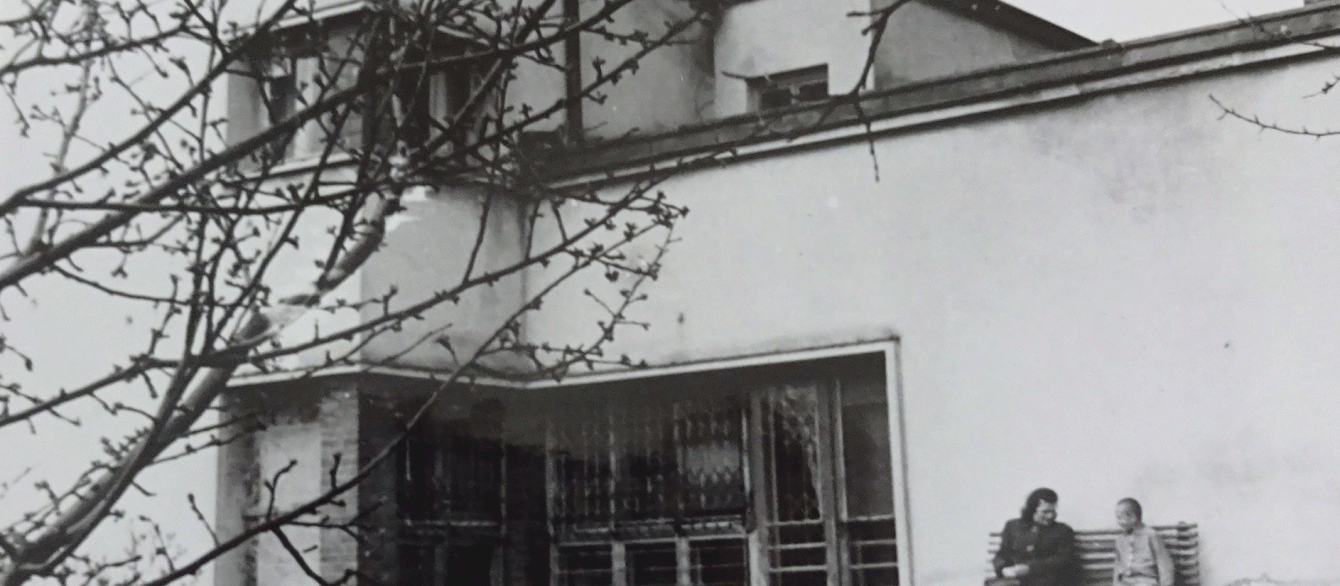From imagining new housing models to finding resources to house people, postwar periods are rich in ideas and policies for accommodating people. The need for housing reveals the toll of destruction, while the search for home poignantly highlights the violence of broken relationships with place and with people.
In her talk, Dr. Dyak will focus on the city of Lviv, which emerged from the Second World War with more than 90% of its buildings intact, alongside a loss of more than 90% of its prewar inhabitants, mostly Jewish and Polish. Lviv was transferred from one country to another — from the Polish state to Soviet Ukraine — as part of postwar border remaking in Europe. The city offers a possibility to explore how engaging with the materiality and specificity of place became critical in shaping a sense of new postwar belonging while also perpetuating the displacement and dispossession brought on by the war.
Looking at two specific projects — an architectural survey from the 1940s and an experimental architectural study of the 1950s — the talk will show how buildings, treated initially with distance as non-Soviet, became an inspirational and critical ingredient in the process of postwar place- and time-making. This specific postwar story is one of many that shaped contemporary Ukraine, a country combining multiple legacies and national stories of postwar rebuilding in the 20th century. Reengaging with these legacies may be helpful for contemporary thinking about future reconstruction after the current war.
Refreshments will be provided.
Sponsorship
This event is co-sponsored by the Ukrainian Research Institute at Harvard University and the Graduate School of Design, at Harvard University.
Accessibility
The Davis Center for Russian and Eurasian Studies at Harvard University encourages persons with disabilities to participate in its programs and activities. If you anticipate needing any type of accommodation or have questions about the physical access provided, please contact us at 617-495-4037 or daviscenter@fas.harvard.edu in advance of your participation or visit. Requests for Sign Language interpreters and/or CART providers should be made at least two weeks in advance if possible. Please note that the Davis Center will make every effort to secure services but that services are subject to availability.




